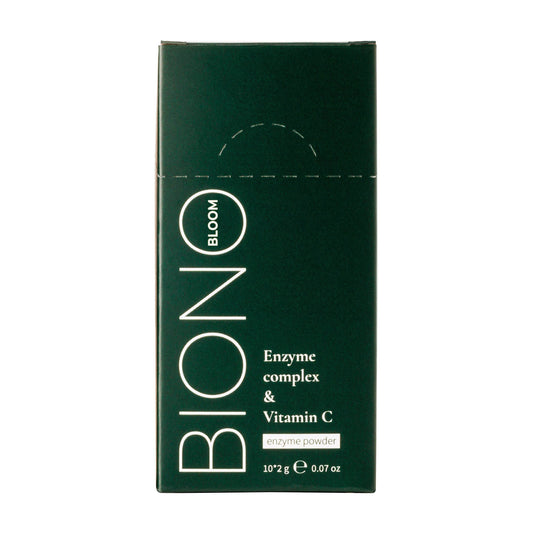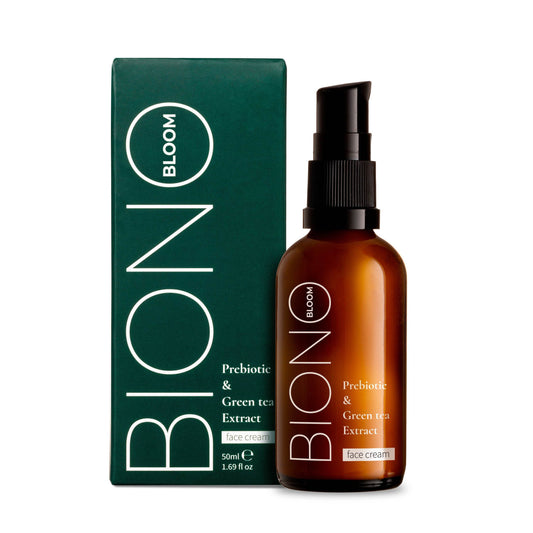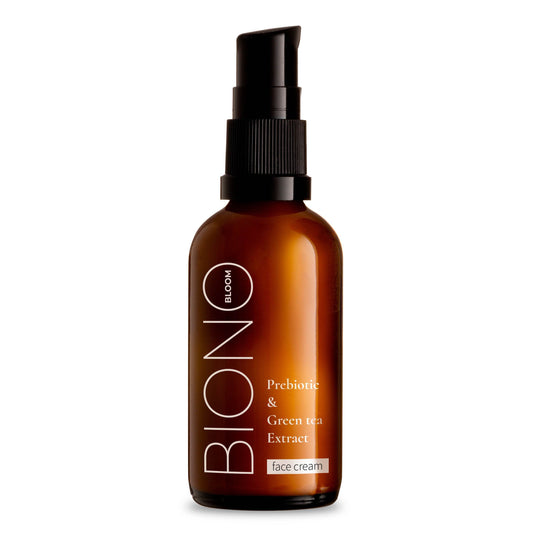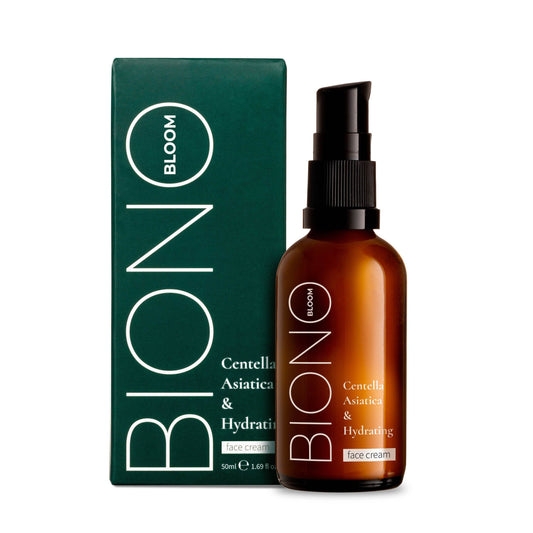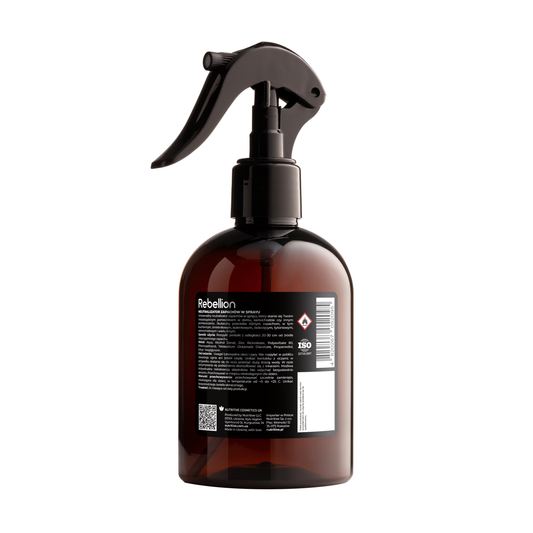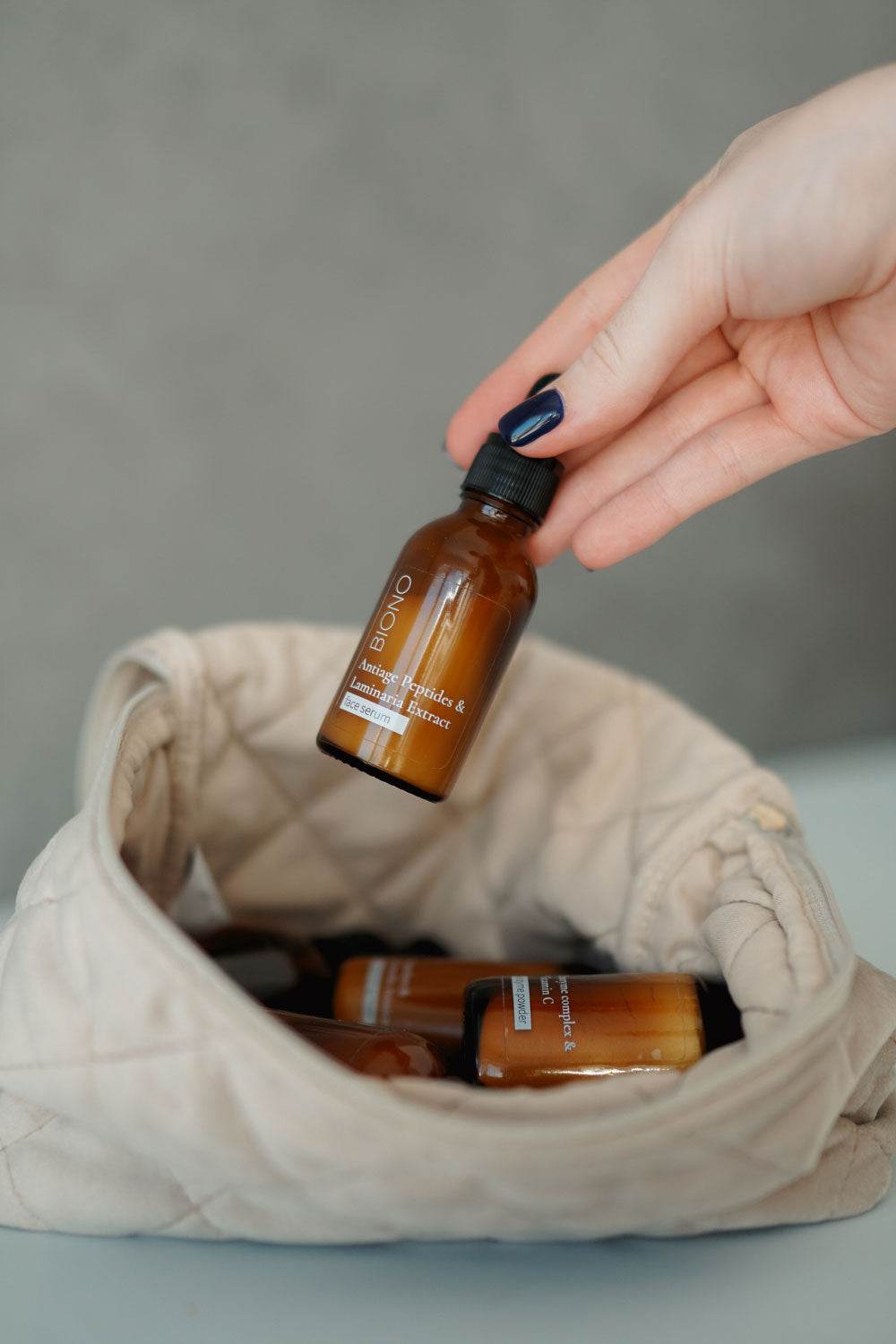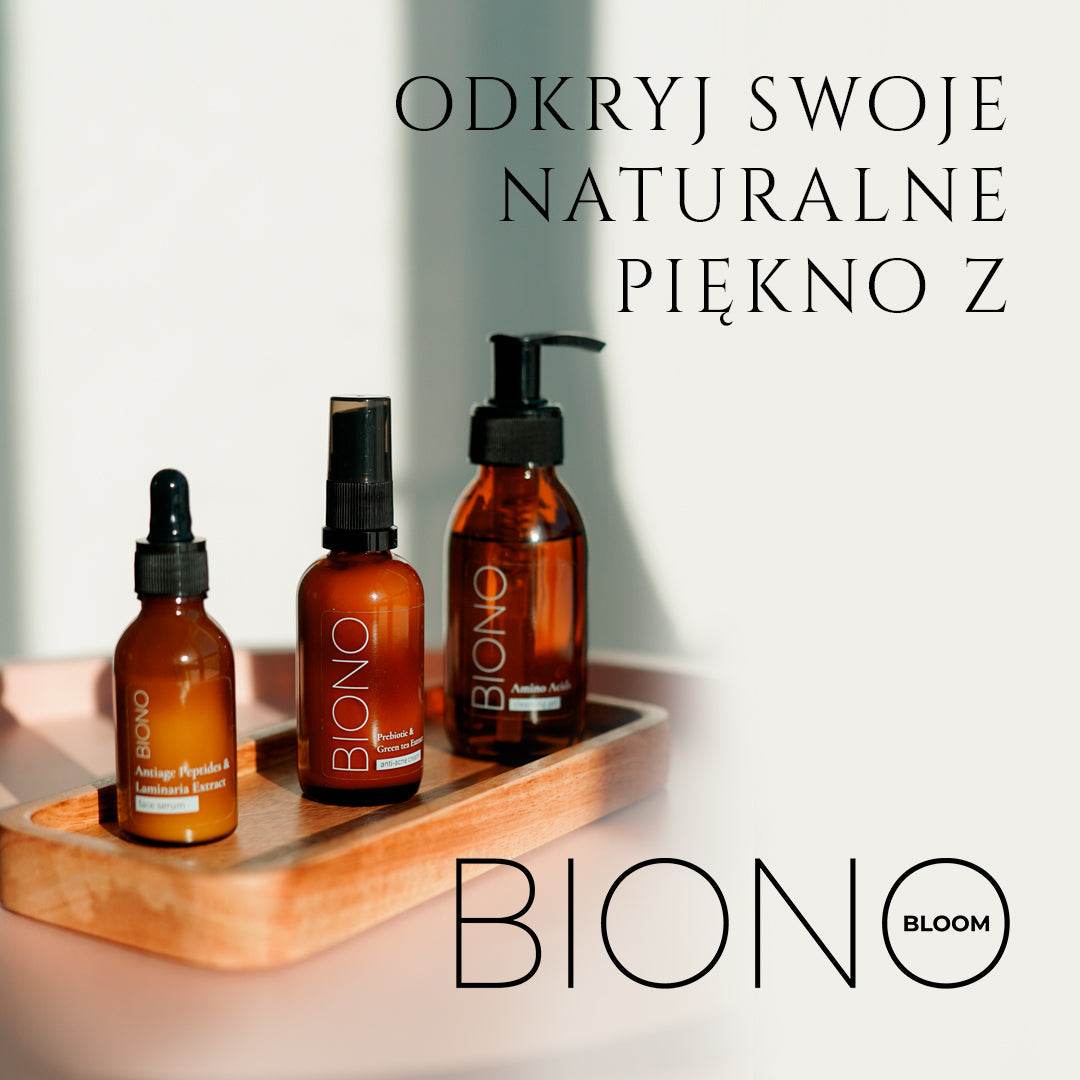
Homemade whitening face mask – a natural way to a radiant glow
At-home skincare is not only convenient but also a way to care for your complexion naturally and economically. Whitening face masks made with readily available ingredients can effectively lighten discolorations, even out skin tone, and restore a healthy appearance. In this article, you'll discover proven recipes and professional tips that will help you achieve salon-quality results without leaving home.
Facial Whitening Mask – What It Is and How It Works
A whitening facial mask is a cosmetic product designed to brighten the skin and reduce the appearance of discoloration. It works by inhibiting melanin production, gently exfoliating dead skin cells, and providing the skin with nutrients that support regenerative processes. These homemade whitening masks contain natural fruit acids, vitamin C, and enzymes that safely brighten the complexion.
Unlike professional chemical treatments, a homemade whitening facial mask works more gently and gradually. Regular use of natural ingredients allows for visible results without the risk of irritation that can occur with harsh cosmetic products. This approach is especially recommended for those with sensitive skin and those who prefer natural skincare methods.
The most effective ingredients in homemade whitening masks
Lemon is a true treasure in brightening skincare. It contains a high concentration of vitamin C and natural AHA acids, which gently exfoliate dead skin cells and lighten discolorations. Lemon juice should always be diluted, as in its pure form it can be too harsh on the skin. It's best to combine it with plain yogurt or honey, which mitigate the effects of the citric acid.
Manuka honey and natural Greek yogurt make the perfect base for a homemade whitening facial mask. Honey has antibacterial and moisturizing properties, while gently brightening the complexion. Yogurt contains lactic acid, which gently exfoliates the skin and evens out its tone. These ingredients are safe even for sensitive skin and can be used regularly without irritation.
Turmeric, although it stains the skin yellow upon application, leaves the complexion brightened and radiant after washing. This golden root contains curcumin, a powerful antioxidant that inhibits melanin production. Potatoes and cucumbers also deserve attention – they contain whitening enzymes and intensely moisturize. Regular use of these natural ingredients produces visible results in just a few weeks.

Recipes for homemade whitening masks – proven compositions
The classic lemon and honey mask is the simplest and most effective. Mix a teaspoon of freshly squeezed lemon juice with two tablespoons of honey and a tablespoon of plain yogurt. This mask not only brightens but also moisturizes and nourishes the skin. Apply to cleansed face, avoiding the eye area, and leave on for 15 minutes. Rinse with lukewarm water and then apply sunscreen with SPF.
A turmeric mask requires special care due to the spice's strong coloring properties. Combine half a teaspoon of turmeric with two tablespoons of yogurt and a teaspoon of honey. Apply a thin layer to your face and leave on for 10-12 minutes. This composition works especially well on post-inflammatory hyperpigmentation and acne marks. After rinsing, you may notice a slight yellowish tint, which will disappear after thoroughly cleansing your face with micellar water.
Advanced formulas for different skin types:
- For oily skin – potato with egg white: grated potato (2 tablespoons) with one egg white and a few drops of lemon juice
- For dry skin – avocado with honey: blend half an avocado with a spoon of honey and Greek yogurt
- For sensitive skin – cucumber with aloe: grated cucumber (3 tablespoons) with aloe vera gel and a drop of rose oil
How to properly use a whitening face mask
Skin preparation is a crucial step that's often overlooked. Before applying a whitening mask, always thoroughly cleanse your face with a gentle gel or milk. Then, perform a light enzymatic or mechanical exfoliation to remove dead skin cells—this will allow the active ingredients to better penetrate the skin. The final step is toning, which restores the skin's proper pH.
The mask's application technique is crucial to the final result. Apply a thick layer of the mask, moving from the center of the face outward and from the bottom up. Avoid the eye and mouth areas, where skin is particularly delicate. Leave the mask on for no longer than 20 minutes – leaving it on for longer may lead to dryness or irritation.
The frequency of using a whitening facial mask depends on your skin type and the intensity of discoloration. For normal and combination skin, 2-3 times a week is optimal. Sensitive skin requires a more cautious approach – once a week is sufficient. After removing the mask, always apply a vitamin serum and moisturizer. Remember that skin whitening is a gradual process and requires regularity – the first results will appear after about 3-4 weeks of regular use.
Safety and contraindications when using home masks
An allergy test is essential before using any new whitening facial mask at home. Apply a small amount of the prepared mask to the inside of your forearm and leave on for 15 minutes. If no redness, itching, or rash appears after 24 hours, you can safely use the mask. This simple test can protect you from serious allergic reactions.
Acids contained in natural masks, especially lemon juice, increase skin's photosensitivity. This means that after the treatment, your skin is more susceptible to the harmful effects of UV radiation. Therefore, it's best to apply whitening masks in the evening, before bed. In the morning, be sure to use a cream with a high SPF of at least 30, even on cloudy days. Paradoxically, neglecting this step can deepen discoloration instead of lighten it.
Situations in which you should avoid using whitening masks:
- Active skin inflammation, purulent eruptions and wounds
- Right after dermocosmetic treatments (laser, acid, microneedle)
- During pregnancy without consulting a dermatologist
- In case of autoimmune skin diseases
- When using retinoids or strong acids in daily care
Natural alternatives to harsh bleaches
Kojic acid, derived from fermented fungi, is a gentle alternative to strong fruit acids. You can find it in ready-made serums or as a powder for homemade masks. It works by inhibiting tyrosinase, the enzyme responsible for melanin production. Combined with rice milk, it creates a gentle yet effective whitening mask, ideal for sensitive skin.
Vitamin C in the form of pure ascorbic acid is a real hit in dermatology. It can be added to homemade masks or purchased as a ready-made serum with a high concentration. It not only brightens discolorations but also stimulates collagen production and protects against free radicals. It blends beautifully with vitamin E and ferulic acid, creating a synergistic combination with enhanced effectiveness.
Niacinamide , also known as vitamin B3, is another safe ingredient with proven whitening properties. It regulates melanin production, strengthens the skin's hydrolipid barrier, and reduces the appearance of pores. You can prepare a homemade mask by adding niacinamide powder (3-5% concentration) mixed with aloe vera gel. This composition is even suitable for daily use and does not cause photosensitivity, which is a huge advantage compared to acid-based masks.
Supporting the effects of the mask – diet and supplementation
Hydration is the foundation of beautiful, even-toned skin. Drinking at least 2 liters of water daily supports the skin's metabolic processes and helps remove toxins. Water also facilitates epidermal regeneration after using a whitening facial mask. Additionally, white and green teas provide powerful antioxidants that protect the skin from oxidative stress and slow down the development of discoloration.
A diet rich in antioxidants directly impacts skin health. Blueberries, blackcurrants, pomegranates, and acai are packed with anthocyanins, which protect cells from damage. Oranges, kiwi, and bell peppers provide vitamin C, essential for collagen production. Walnuts and almonds contain vitamin E, which enhances the effects of vitamin C. Carrots and sweet potatoes, rich in beta-carotene, help promote a healthy glow.
Key supplements to support skin brightening:
- Vitamin C in liposomal form (1000 mg daily) – the best absorbable form
- Glutathione – the main cellular antioxidant, supports detoxification
- Hyaluronic acid in capsules – moisturizes the skin from the inside
- Omega-3 from fish oils – reduces inflammation and supports the skin barrier
- Organic silicon – strengthens the structure of connective tissue
Monitoring the effects and when to seek specialist help
Documenting your progress is a motivating element of any home skincare routine. Take photos of your face in the same lighting conditions every two weeks—ideally, in natural daylight, without makeup. Use an app or record your observations in a skincare journal. After a month of using a whitening facial mask at home, you should notice a subtle brightening, a more even complexion, and a healthy glow.
Realistic expectations are key to satisfaction with home care. Natural masks don't work as quickly as professional chemical or laser treatments, but they are much safer and gentler on the skin. Complete removal of deep discoloration may not be possible with home remedies alone. Remember, your skin has a natural, genetically determined color – the goal of whitening isn't to drastically change your skin tone, but to even out your skin tone and remove imperfections.
Red flags that require a visit to a dermatologist include new discolorations appearing despite regular skincare, irregularly shaped dark spots, or changing moles. If a homemade mask causes persistent irritation, burning, or itching despite changing the ingredients, it's a sign that your skin requires a professional evaluation. A dermatologist can also suggest more effective lightening methods, such as acid peels or mesotherapy, which will accelerate results.
Summary – the natural path to radiant skin
Homemade whitening masks are a safe and effective method for achieving an even, radiant skin tone. Regular use of natural ingredients like lemon, honey, turmeric, or yogurt can significantly improve the appearance of skin discoloration and reduce the appearance of discoloration. The key to success is consistency, patience, and proper skin preparation before the treatment – remember to thoroughly cleanse and use sun protection after each application.
Remember that a home whitening facial mask is just one element of a comprehensive skincare routine. Support your efforts with a proper diet rich in antioxidants, supplementation, and hydration. Monitor your skin's reactions and adjust the formulas to your needs. If you don't see results after a few weeks or if disturbing symptoms appear, consult a dermatologist who will help you choose more advanced brightening methods tailored to your skin type.


